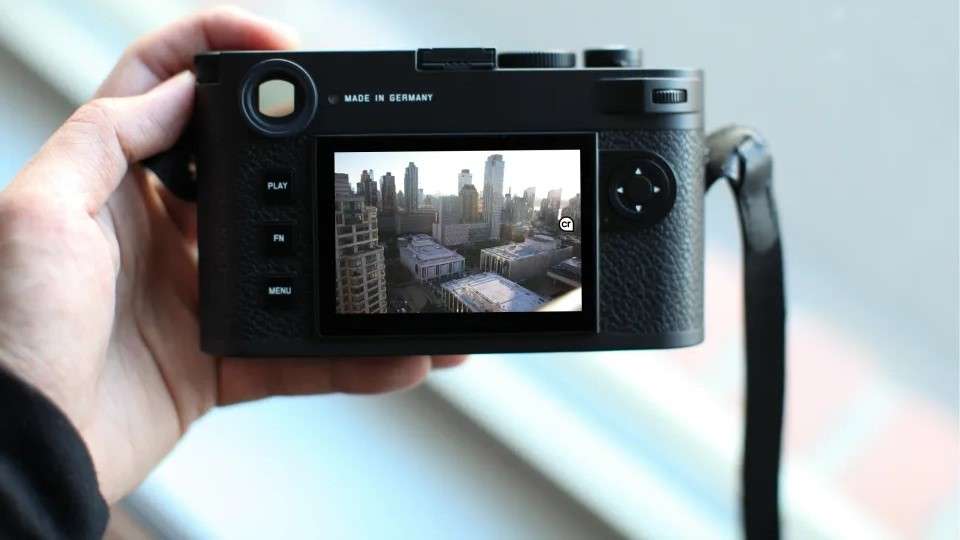In an age when phone makers love highlighting software to make your flawed photographs perfect, it’s quite nice to see the announcement of a camera that promises nothing but true, unvarnished photographs that you can prove haven’t been tampered with.
With generative AI able to create frighteningly real-looking photos from just a text prompt, the adage “don’t believe everything that you read” has essentially been extended to cover “everything that you see” too.
Leica’s new M11-P rangefinder camera is the antidote to this. Content Credentials is the most widely-adopted industry standard for proving the authenticity of images, and in the M11-P has it baked into the device’s hardware.
Just dig into the camera’s menu, press the Sign Content button, and the image will include a digital signature providing time, date, camera, settings and — crucially — any alterations that have been made along the way. All this data is locked into the image with a cryptographic key, verifiable online.
That makes the camera particularly useful for newsrooms, photo agencies and photography competitions. It helps that Leica has a pretty strong reputation in the world of photography, and the specs back that up. Indeed, the remaining specs are virtually the same as those on the regular 61MP full frame M11 which has amassed plenty of glowing reviews from camera buffs around the world.
“Leica cameras have always stood witness to iconic moments in world history,” said Dr. Andreas Kaufmann, Chairman of the Supervisory Board of Leica Camera AG. “However, determining the authenticity of visual content has become increasingly difficult and important in the age of digital photography.
“Now with the ability to provide this proof, we are once again strengthening trust in digital content and re-establishing Leica cameras as authoritative tools in the documentation of world events.”
That would be fine and dandy if everybody in the world used the Leica M11-P to take their photos to prove their authenticity. The trouble is that most snaps are taken on smartphones, and few people are likely to make the jump to the M11-P — especially when they look at the price. The body-only cost is £8,000, or around NZ$16,640.
But hopefully, in the long run, the technology will become both cheaper and more widely adopted. It won’t stop people doctoring images, which is a hobby as old as photography itself, but it might muffle the cries of ‘fake news’ from the usual suspects keen to dismiss any reporting they don’t approve of.

